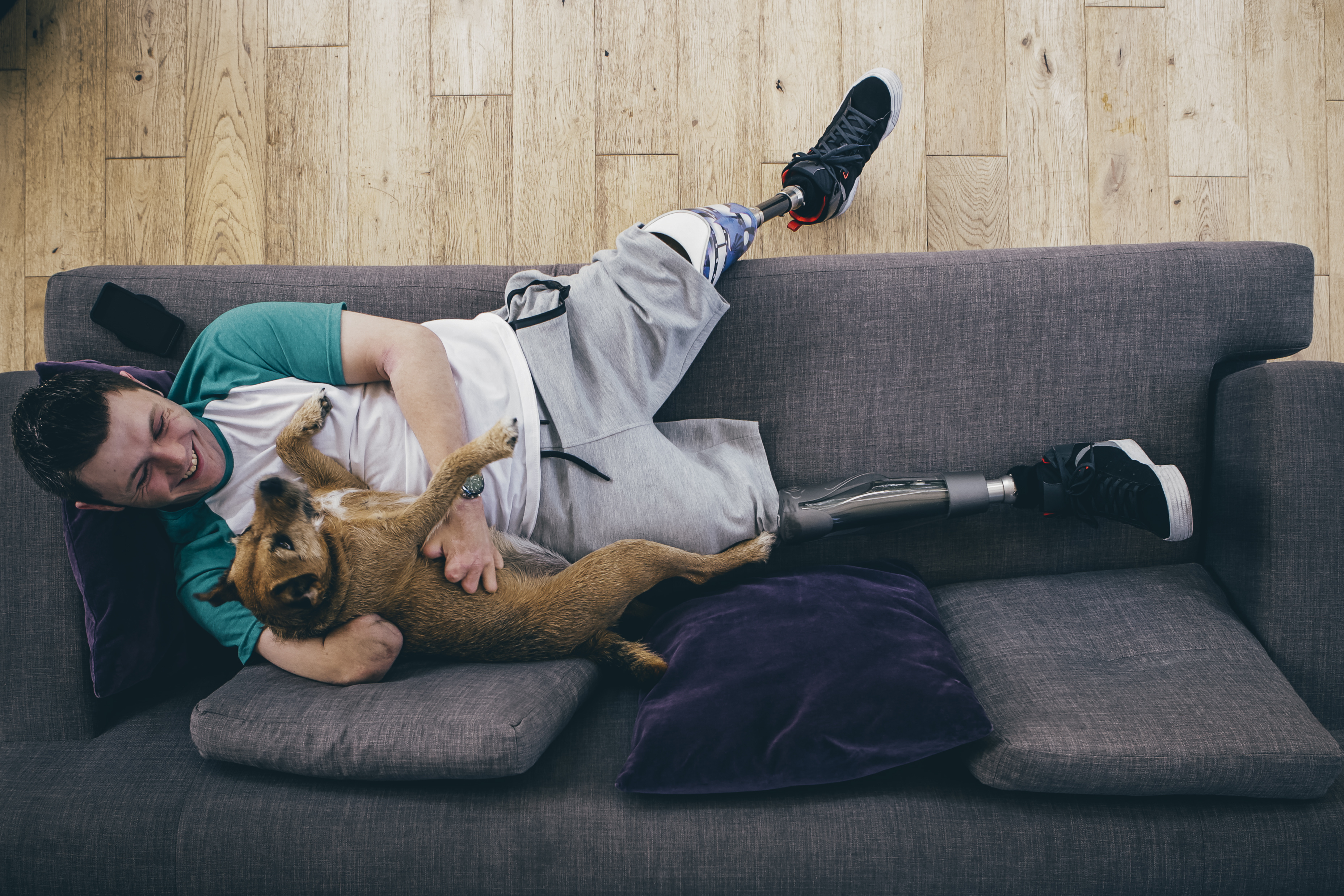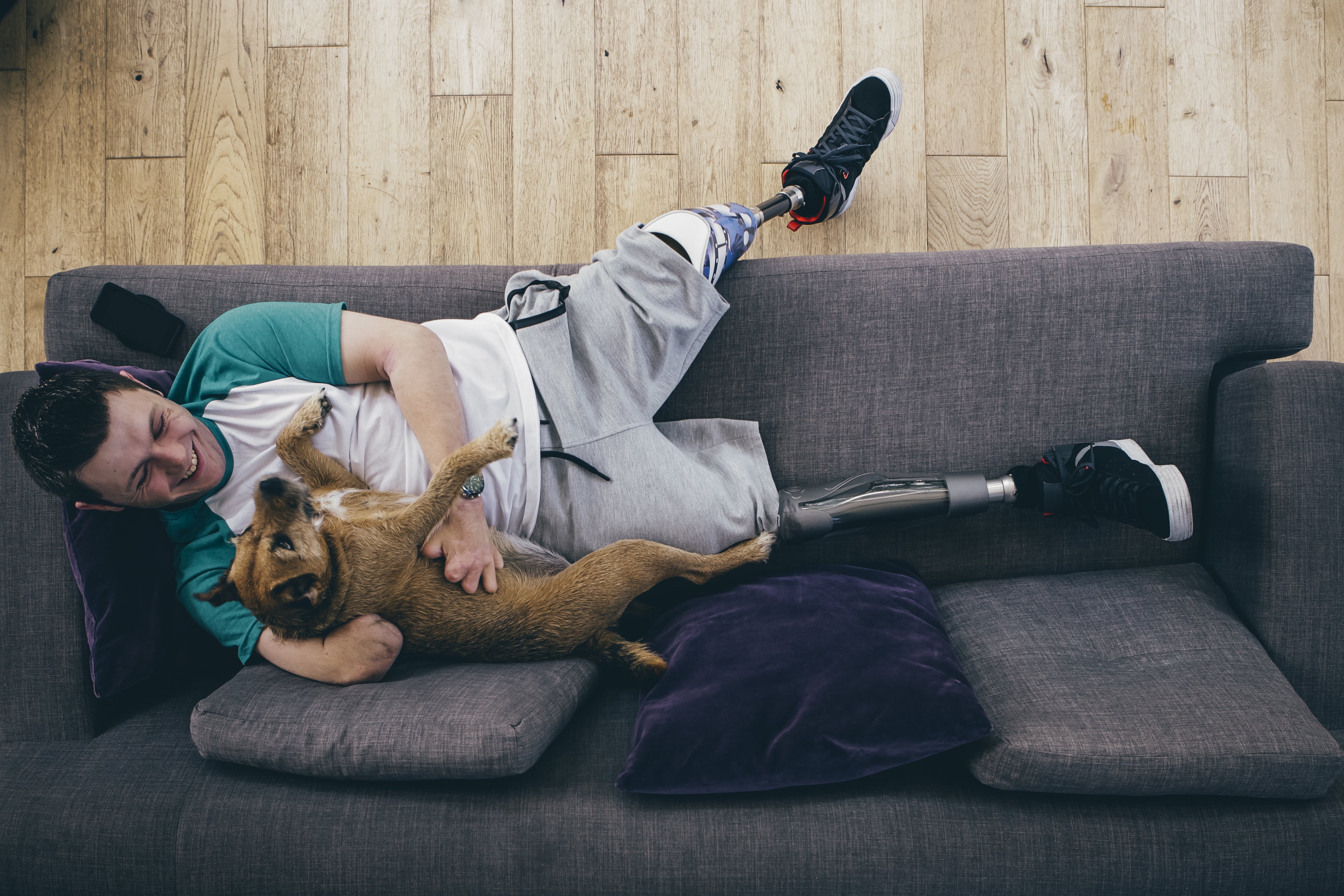There are more than two million people living with limb loss in the United States, and about 185,000 people have an amputation each year. That’s an estimated 507 people who lose a limb each day.
Chances are, you know or have come in contact with an amputee. You may not be aware what comments or questions can be offensive, or understand what life is really like for them.
Here are a few things amputees want you to understand about their lives.
#1: No Two Experiences Are the Same
No two amputees or people with limb differences are the same. A congenital amputee (the way a person's body was formed in the womb) would have a totally different experience from that of an adult lower limb amputee. Each experience and person is unique.
#2: Different People Use Different Words
Using terms like “disabled” or “differently abled” may seem offensive and patronizing to some, but not to others. In regards to a person’s residual limb (remaining limb), some call it a “stump” and others still refer to an arm or leg as before. When in doubt, ask. And listen to what words the person uses for themselves.
#3: Amputees Are People, Not Curiosities
Questions are normal, but remember to be tactful. Asking details about a person’s limb differences may be a sensitive subject involving trauma. It is normal to notice that a person has a difference, but adjusting how you react to these differences is important.
#4: Amputation Can Improve Quality of Life
Amputation may seem inherently limiting. But for elective amputees, it may have been a choice to restore mobility and quality of life. A person living in chronic pain after an accident or injury may choose amputation as a means of relief.
#5: Assumptions Hurt
Don’t assume the worst. You never know what a person’s story is or what their quality of life is like. Comments like, “I could never do what you have to do,” or, “It must be hard to...” can be offensive. Keep an open mind and remember that different does not equal bad.
#6: Laughter Is Good
It’s ok to laugh with someone if they make a joke about their amputation or limb difference. For some, emotional healing after an amputation includes finding the humor in it.
#7: Prosthetic Devices Are Unique
There is artistry and craftsmanship that goes into making each prosthesis. Lower limb amputees may have a prosthetic device for everyday use, blades for running, or a special foot to use with high heels.
#8: Not All People Choose Prosthetic Devices
Not all people with limb difference find prosthetics useful. To some, it may be more difficult to learn how to operate with a prosthesis than not. This is a matter of personal preference.
#9: Amputees Want Authentic Representation on Screen
Often, amputees are portrayed as a person triumphing over adversity, but in reality they’re usually just living their daily lives like anyone else. Some would like to see more authentic representation, having real amputees cast in roles rather than an actor in costume.
#10: You Play a Role
We all have a part to play in making the world more accessible for those with limb loss and limb difference. Consider your voice and how you can impact change to make the world more accessible for all.
BioTech Limb and Brace has numerous resources and support for the limb loss community. Contact us today to learn more.

